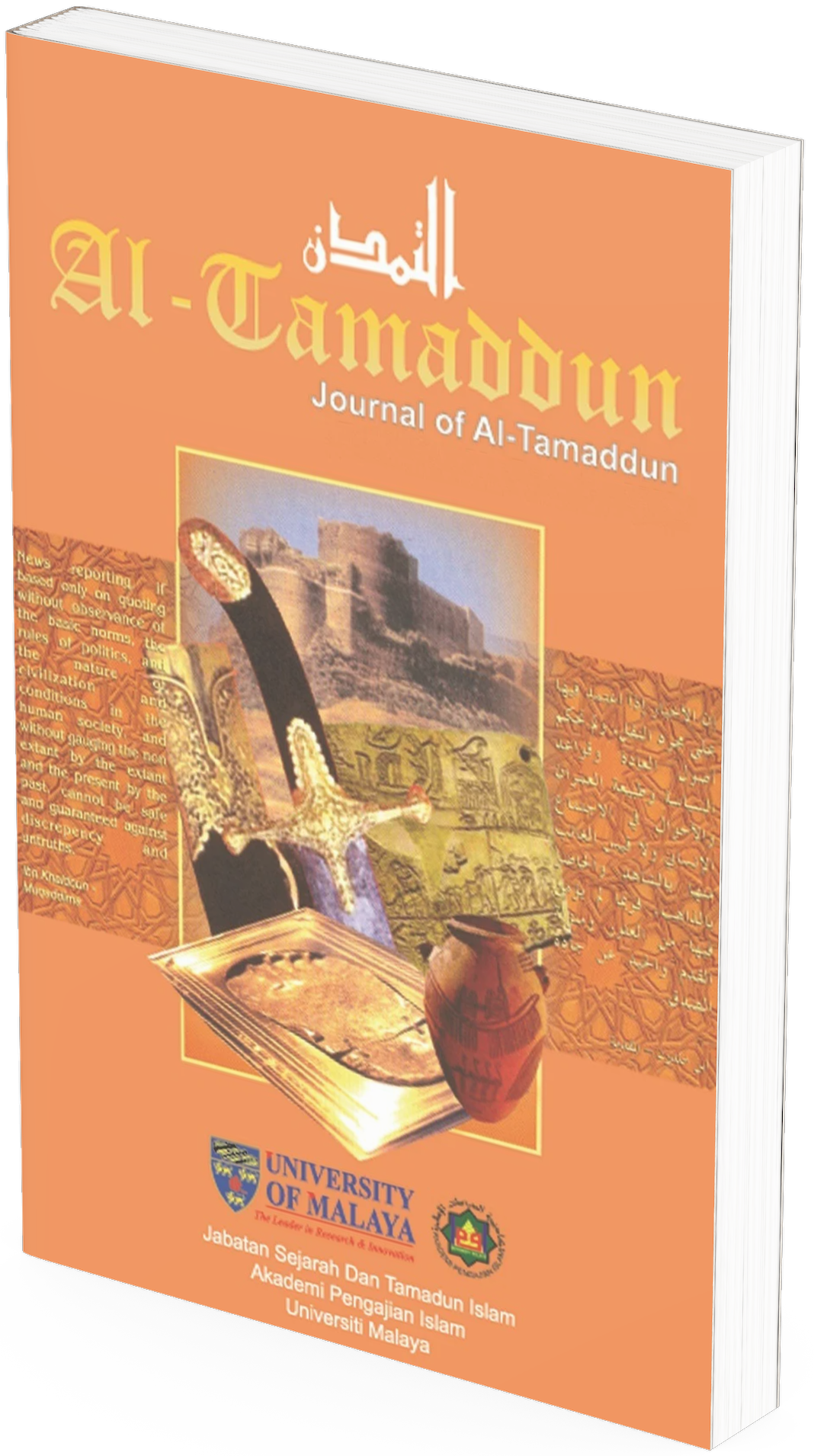جمالية الأفكار الاجتماعية والسمات الحضارية بين الروائيين: عبد الرحمن منيف وعزيزي الحاج عبد الله
The Beauty of Social Concept and Civilization Traits between Two Novelists: Abd al-Rahman Munif and Azizi Haji Abdullah
DOI:
https://doi.org/10.22452/JAT.vol17no1.14Abstract
Abdul Rahman Munif and Azizi Haji Abdullah were famous in their Arab and Malay communities for the abundance of their creative works, which were well received, and most of them were printed in many editions and some of them were translated into many languages of the world. The two novelists shared the same attitudes towards society and its reality. Their opinions, which arouse the interest of society and occupy public opinion, were found in their literary works. Each of them played an important role in raising the literary prose genre, especially the art of the novel, and contributed to revealing the realities of Arab and Malay society through their creative writing in novels. Both of them became famous in the Arab countries, and in Malaysia in particular, and in Southeast Asia in general. In addition, their novels left deep traces in the hearts of readers and attracted the attention of critics alike. Based on this, the researchers decided to study and analyze this issue, so they decided to compare the two novels: “Umm al-Nuzur (The Mother of the Vows)” and “Seorang Tua di Kaki Gunung (The Old Man on the Mountainside)” through the authors’ presentation of social ideas and cultural traits. The researchers rely on the approach of the American School of Comparative Literature, which focuses on the parallels and contrasts between the two novels. The study aims to show the creativity of the two novelists in formulating their novels and to reveal the points of agreement and differences between them. The study concluded that the two novels carry different social ideas and civilized features and there are common ideas among the novelists, who talk about the emergence of the rural environment and the duality of the idea between the two generations; parents and children, while the ideas on which they differ: the issue of marital authority, and the behaviour of religious men. We see that Munif dealt with the issue of marital authority; while Azizi revealed the topic of relationships based on affection and respect between spouses. Munif's stinging criticism of the misbehaviour of religious men appeared through his denigration, while Azizi praised the good reputation of a Muslim who adheres to the Islamic faith in his novel.
Downloads
Additional Files
Published
How to Cite
Issue
Section
License
Copyright (c) 2022 Journal of Al-Tamaddun

This work is licensed under a Creative Commons Attribution-NonCommercial 4.0 International License.
By submitting manuscripts to the Journal of Al-Tamaddun, authors agree to transfer copyright to the journal. However, authors may republish their work or grant others permission to republish it; in which case it should be accompanied by a proper acknowledgment that the work was originally published in the Journal of Al-Tamaddun. The journal adopt CC-BY-NC licence which authors may also share and distribute their article anywhere of non-commercial website, social media and repositories immediately on publication.
Authors may also reuse the Abstract and Citation information (e.g. Title, Author name, Publication dates) of their article anywhere at any time including social media such as Facebook, blogs and Twitter, providing that where possible a link is included back to the article on the journal site.










